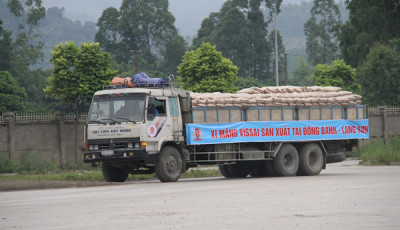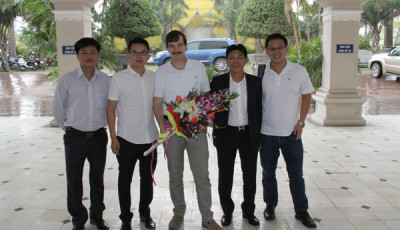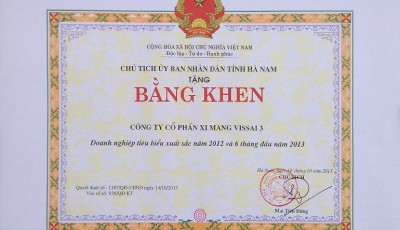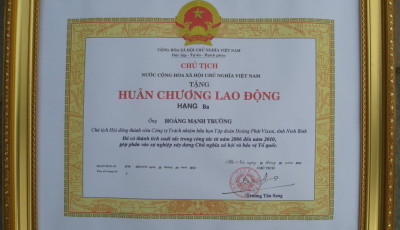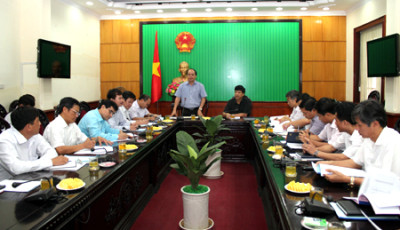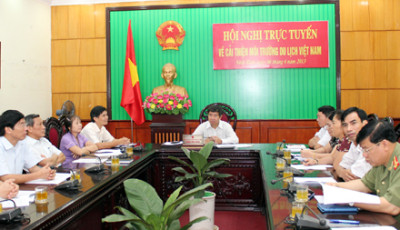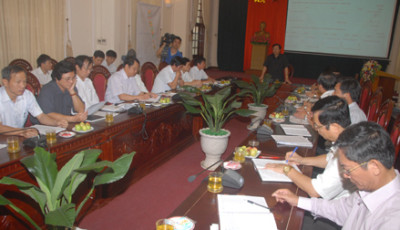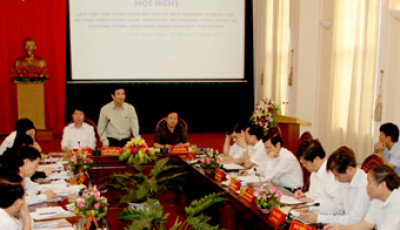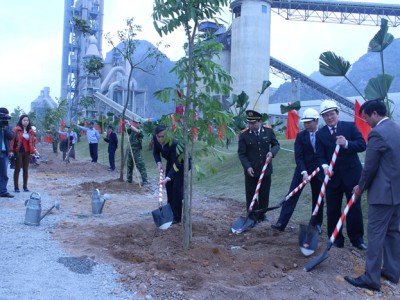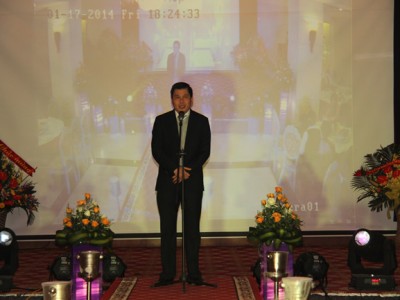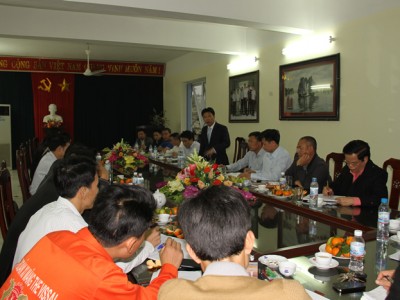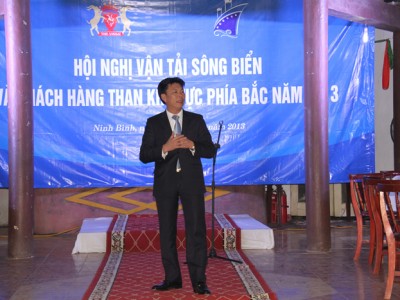Vietnam’s National Assembly to approve important laws
This morning (20/11), members of the National Assembly of the Socialist Republic of Vietnam voted and adopted Law amending and supplementing a number of articles of Law on Lawyers; Law on Electricity; Law on Tax Management; Law on National Reserves; Law on Cooperatives (amended) and Law on Publishing (amended).
On the afternoon, they discussed Law on Science and Technology (amended).

Members of the National Assembly are voting. Photo.
Law lecturers do not practice lawyers
The National Assembly of the Socialist Republic of Vietnam voted and adopted contents on the morning of 20/11 with 62.27% of pro opinions.
Regarding officials teaching laws allowed practicing lawyers, the statements of the Standing Committee of the National Assembly presented on the morning of 20/11 pointed out that through discussion and opinions by votes, the members of the National Assembly had two main opinions.
The first opinion was to agree about the draft law and not allow the official teaching laws to practice lawyers.
The second opinion was to request adjusting provision in point b, Clause 4, Article 17 of the draft Law that the above subjects allowed practicing lawyers but limited in legal consultancy).
For the second opinion, many members assumed that it would create a mechanism of attracting high-quality human resource to supplement lawyer staff, promote qualifications, help the law lecturers to combine between theory and practice and enhance qualifications of this staff.
According to the statements of the Standing Committee of the National Assembly, allowing the officials teaching laws to practice lawyers will disperse resources, affect teaching qualifications and difficultly ensure quality of lawyer practicing while the number of the law lecturers as required is lacked.
Besides advantages as mentioned in the second opinion, if the official teaching laws is allowed practicing lawyers, there will be two types of lawyers: consulting attorney and litigation attorney. This is unconformable to the applicable regulations and to not solve the most urgent matter of lacked number of the litigation attorneys, especially in criminal proceedings. Moreover, legal consultancy activity of the officials teaching laws is adjusted according to the applicable laws. Therefore, it is unnecessary to supplement it in this Law.
For the above reasons, the Standing Committee of the National Assembly requested the National Assembly retained this provision as stipulated in point b, Clause 4, Article 17 of the draft Law.
The National Assembly voted to approve this content with 330/470 opinions of the members, accounting for 62.27% before approving the Law with 90.16% of pros opinions.
Thereby, point b, Clause 4, Article 17 defines that a person being an officer, official, professional soldier or commissioned officer, national defense worker in an agency belonging to the army; a commissioned or non-commissioned officer, a worker in an agency belonging to the Police shall not be issued with the lawyer practicing certificate.
Adopting the Law on National Reserves
The National Assembly adopted the Law on National Reserves with 471/472 of pro opinion (94.58%).
The Law provides that objective of the national reserves is that the State establishes and use national reserves to proactively meet unexpected and urgent requirements for prevention, protection and remedies of consequences of Acts of God, disaster, fire and epidemic diseases and serving for defense and security.
According to statements of the Standing Committee of the National Assembly, some opinions require own policies for people in charge of national reserves. However, some opinions were to not apply own policies for people in charge of national reserves or only apply for some subjects in charge of national reserves living in the remote areas and directly contacting toxic chemicals…
The Standing Committee of the National Assembly assumes that in fact, people in charge of national reserves has particular working conditions and own difficulties (and work in the urgent and dangerous situations). Thus, it is required to introduce policies to encourage the laborers to have a strong attachment to national reserves but ensure equality between people in direct charge of national reserves and people in charge of administrative works in the ministries and departments. Thus, the Standing Committee of the National Assembly acquired, corrected and submitted to the National Assembly for consideration.
Thereby, Article 9 of the Law on National Reserves provides people in charge of national reserves include officials and officers working in the national reserves management agency; soldiers and police receiving seniority allowance; subject to field and nature of work receiving occupational preferred allowance. Thus, officials and officers in charge of national reserves in the ministries and departments do not receive the above policies.
List of national reserves
According to Article 27 of the Law on National Reserves, items of the national reserves list must satisfy objective of the national reserves as stipulated in Article 3 and one of the criteria: being strategic and essential items with regular use frequency to timely respond to the unexpected and urgent situations; being particular and irreplaceable items; and being materials, equipments and goods to ensure defense and security which have not satisfy requirements of quantity, quality and types in the domestic production.
Article 27 provides the national reserves list consists of food; materials and equipments for rescue and salvage; common materials for industry; white salt; fuels; industrial explosives; seeds; insecticide; chemicals for environmental sterilization and cleaning, domestic water disposal and aquaculture; preventive medicines for people; preventive medicines for livestock, poultry, crops and aquaculture; and materials, equipments and commodities for defense and security.
In case of adjusting the national reserves list, the Government submitted to the Standing Committee of the National Assembly for consideration and decision.
Cooperatives provide products on the market
The National Assembly adopted the Law on Cooperatives (amended) with 436/463 of pro opinion (87.55%).
According to the statements of the members of the National Assembly presented by Mr. Nguyen Van Giau, commissioner of the Standing Committee of the National Assembly and Chairperson of the Economic Committee of the National Assembly, cooperatives are entitled to widely provide products and services on the market to develop and confirm self-control and self-responsibility.
The Standing Committee of the National Assembly recognized that unlike old cooperative model, this new cooperative model is for the purpose of focusing on benefits for members through commitment to supply and consumption of products and services on their demands.
To obtain such purpose, the cooperatives self-control in operations and have right to supply and consume products and services and create jobs for the subjects who are not members.
However, the cooperatives must ensure benefits for larger members compared to subjects who are not members; thus, the draft Law is that the cooperatives are entitled to supply and consume products and services and create jobs on the market but ensure to fulfill obligations to the members.
Clauses 3 and 4, Article 8 approved by the National Assembly on rights of the cooperatives and cooperative alliance specify “to carry out production and business activities and create jobs in the registered industry to meet general demand of members and member cooperatives; supply and consume products and services and create jobs for members and member cooperatives on the market but ensure to fulfill obligations to members and member obligations”.
Regulation on cooperative alliance
Statements of the Standing Committee of the National Assembly, regarding its nature, the cooperative alliance is a representative organization established voluntarily by the cooperatives and operating in accordance with the law and it is required to delete Article 58 of the draft Law (Article 58: Vietnam Cooperative Alliance and cooperative alliance of the province and city directly under the central government.
The Standing Committee of the National Assembly assumed that the cooperative alliance is a representative organization of the cooperatives existing in organizational and operational structure of the alliance at central and provincial level; and its charter approved by the State agency. At the same time, actual operations of the cooperatives are limited; thus, the State must support for and create conditions for the cooperative alliance to operate and develop Vietnam’s cooperative movement in the spirit of Central Resolution 5, term IX.
Acquiring opinions of the members of the National Assembly, the Standing Committee of the National Assembly adjusted in the respect for voluntary and self-control principle of the cooperatives’ representative organization and cooperative alliance and recognized a role of the cooperative alliance.
Article 58 of the Law on Cooperatives (amended) approved by the National Assembly specifies that the Vietnam Cooperative Alliance is established at central level and the province-leve cooperative alliance is founded in provinces and cities directly under the central government. The Charter of the Vietnam Cooperative Alliance is adopted by the Congress of the Vietnam Cooperative Alliance and approved by the Chairperson of the provincial People’s Committee.
Private enterprises are not allowed to establish publishers
On the morning of 20/11, members of the National Assembly adopted the Law on Publishing (amended) with 92.37% of pro opinions.
Before voting to approve the Law on Publishing (amended), the National Assembly voted to approve Article 12 “Subjects establishing publishers and types of publisher organizations” with 93.17% of pro opinions.
Article 12 provides that the following agencies and organizations allowed to establish publishers include State agencies, political organizations, socio-political organizations at the central and provincial levels; b) Public non-business units in the central, the socio-political and vocational organization in the central directly create works and academic and scientific materials. Publishers are organized and operating in the form of public non-business units or enterprises with the conditioned business owned by the State. Previously, the statements of the members of the National Assembly about Law on Publishing (amended) presented by Mr. Dao Trong Thi, Commissioner of the Standing Committee of the National Assembly and Chairman of the Committee for Culture, Education, Youth and Teenager of the National Assembly pointed out some opinions to request expansion of subjects establishing publishers and types of publisher organizations and allow the private enterprises to establish publishers.
In some opinions, subjects establishing publishers as defined in the draft Law is within the extensive scope and results in many publishers established and difficult management.
The Standing Committee of the National Assembly assume that Article 12 of the draft Law is inherited from the applicable Law and concretizes subjects establishing publishers including proper contents verified in the practice according to Decree No.72/2011/ND-CP dated 23/8/2011 of the Government providing supplementation of organizations establishing publishers. Thus, the Government is not assigned to stipulate other subjects establishing publishers.
To push up publishing socialization, the draft Law is extended properly in participation of the private sector in different publishing steps. However, because the publishing is of the cultural and ideological aspect, the Standing Committee of the National Assembly suggests not allowing the private sector to establish publishers to ensure management and control of cultural and ideological contents of the publications.
Publishing and release of electronic publications
The statements pointed out details to adjust publishing and release of electronic publications without assigned to the Government.
The Standing Committee of the National Assembly also assumed that this draft Law supplemented a chapter about publishing and release of electronic publications on a basis of the applicable Law and update new regulation on publishing and release of electronic publications with development of information technology and domestic and world electronic publishing at present. These provisions are conformable to and consistent with the Laws on Telecommunications, information technology and e-transactions of Vietnam.
Hence, to apply flexibly before developing information technology in the coming time and maintaining stability of the law enforcement after its promulgation, this content must be provided in the open manner and assigned to the Government of Vietnam for instruction and implementation.




